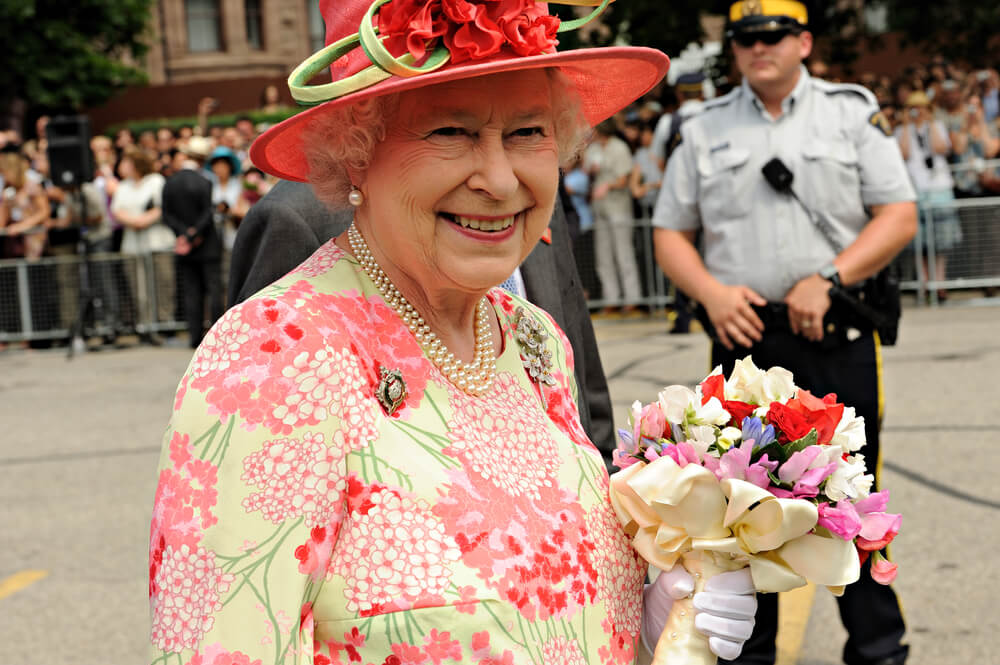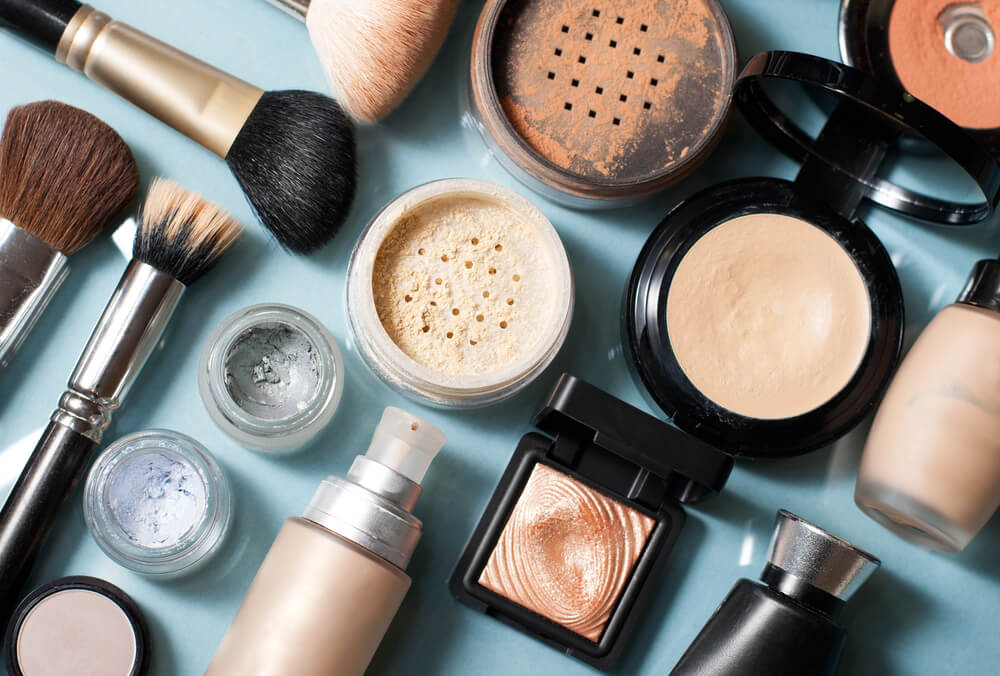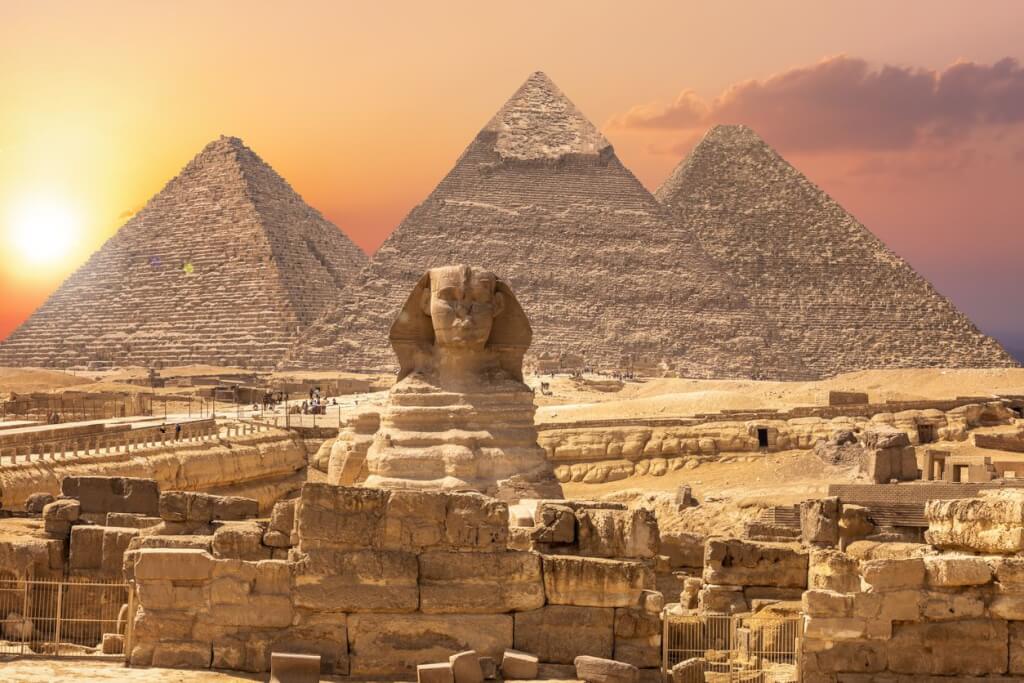She owns all the dolphins and does not need a driver’s license: 15 superpowers of Elizabeth II
'20.05.2021'
Source: Delphi
Despite the fact that the Queen of Great Britain does not have real “everyday” power - it is mainly ministers and other officials who work for her, the monarch still has a number of “superpowers”. And no, we are not talking about the fact that the queen is not subject to jurisdiction, only she can declare war and make peace, we are talking about REAL superpowers. However, we will talk about serious things too, suggests Delphi.

Monarch owns all dolphins and swans.
The Queen owns all sturgeons, dolphins and whales in British waters - as the law of 1324 reads and no one is going to cancel it. In practice, this is expressed in the fact that the buyer of sturgeons must pay a special royal tax. The implementation of the law is really monitored and from time to time they catch violators.
Technically and traditionally, the British crown owns all the "no-man's" swans in the country - this has been the custom since the days when swans were a common dish of the nobility. Now, however, it is believed that the Queen of Great Britain owns only the swans living on the Thames and its tributaries. To remind subjects of this, a ceremony called Swan Inventory is held once a year, when swans on the Thames are caught, ringed and released, counting in the process. In 2009, Queen Elizabeth II became the first monarch in several centuries to personally attend this procedure.
The monarch does not need a passport
And not just not needed - she actually cannot have it, because passports are issued on her behalf. This does not concern other members of the royal family - they all have passports. And no, the lack of a passport did not stop Elizabeth II from going abroad many, many times.
The monarch has his own ATM
In the basement of Buckingham Palace there is a special ATM for members of the royal family. It was established and maintained by Coutts Bank, one of the oldest and most prestigious British banks.
On the subject: 13 facts that the royal family would like to hide, but could not
Monarch can drive a car without a license
Only the Queen of Great Britain has the right to drive a car without a license and drive vehicles without registration numbers. Queen Elizabeth II learned to drive during World War II, famously driving a sanitary truck. But it would be a mistake to think that since then Her Majesty did not drive. It is widely known that the queen decided to ride with a breeze her guest, the King of Saudi Arabia, Abdullah ibn Abdul-Aziz Al Saud. It was in 1998 and then he was still a prince (and was still alive).
Having sat in Land Rover, he expected that the queen would be accommodated nearby, however, Elizabeth II got behind the wheel and famously drove along the narrow Scottish tracks, talking incessantly. The shocked prince, who was not used to being carried by a woman (only men have the right to drive in Saudi Arabia), and even the queen, hardly persuaded her through an interpreter to slow down and focus on the road.
Monarch may not pay taxes
However, since 1992, Elizabeth II has been voluntarily paying income tax and capital gains tax.
The monarch has two birthdays
Elizabeth II's birthday is April 21, which means that she has two birthdays. The fact is that if the king of Great Britain has a birthday not in the summer, then this holiday was still celebrated in June, because the subjects have the right to celebrate the monarch's birthday in the warm season. The real birthday of Elizabeth II is celebrated with cannon fireworks in various parks in London, and "June" - with a special official parade.
The monarch needs to sign laws
For a law passed by parliament to take effect, the king or queen must sign it. At the same time, there is one more rule or even law - the queen, on the advice of the ministers, has the right to block even the discussion of any law that directly or indirectly concerns the interests of the crown. The kings enjoyed this right at least 39 times. The most famous example from recent history is that in 1999, Elizabeth II vetoed a discussion of Military Actions Against Iraq Bill, a law that would transfer the right to approve attacks on Iraq from the Queen to Parliament.
Monarch elects Prime Minister and Lords
Until 2011, the queen could dissolve parliament, but now parliament can only dissolve the parliament itself - if 2/3 of its members vote “for”. But the queen still chooses the prime minister, who forms the cabinet.
The Queen may appoint Lords who sit in Parliament, the upper house of the UK legislative system. However, she can do this only on the proposal of ministers chosen by voters.
The monarch can ignore his ministers in a "severe constitutional crisis"
Most royal cans associated with legislation are constrained by the need to act through ministers or to coordinate with them. But there is one exception - in a “severe constitutional crisis,” the monarch can ignore ministers and act independently. This has not happened in the foreseeable history of the country, so no one can really say what this "severe constitutional crisis" is.
The monarch has knights
And even though they no longer wear armor, Elizabeth II still has her knights. She knights herself, but lists of candidates are usually prepared by several ministries. After all, the bill goes to hundreds of people a year - the queen simply does not have so much time!
The monarch may dismiss the entire Australian government
Being, formally, the head of Australia, the queen can disperse the government there. The British crown last took advantage of this right in 1975 when, as a result of a political crisis, the Australian government ceased to fulfill its duties. Then the representative of Elizabeth II in Australia, Sir John Kerr, fired the prime minister first, and then all the other ministers, which led to new elections in the country. Since then, the Australian government has always been able to agree within itself without attracting the extra attention of the British crown.
The monarch is also the head of almost all former British colonies.
Even Canada and New Zealand are on the impressively long list. True, today this “supremacy” of the queen is rather ceremonial. The British monarchy did not openly interfere in the politics of the former colonies for many decades.
On the subject: Lord High Commissioner: Elizabeth II granted Prince William a new title
The monarch is the head of religion
Elizabeth II is the head of the Church of England of England and she can / should appoint bishops and archbishops. However, she does this through the Prime Minister, who, in turn, consults with the Church Commission. As a side effect of the fact that the monarch is the main church, it can be noted that the king or queen of Great Britain must be members of the Church of England. So if Prince Charles suddenly converts to Islam, he will lose the right to the throne after the death of Elizabeth II.
Monarch gives money to the elderly
Mandy's money is the name of this ritual that the monarch conducts on Easter Eve every year. During this ritual, several dozen old people (according to the number of years that the monarch lived) receive from him special silver coins in denominations of 1, 2, 3 and 4 pence, as well as a small amount of "real" money. The recipients of the money are chosen from the Christian communities of Great Britain - the most worthy people or those who have done a lot for those around them. These coin sets are highly sought after by collectors. The coins themselves are legal tender, but given that the set can be sold on eBay for amounts of £ 100 or more, it is unlikely that anyone would dare to pay with them at face value. Even if you melt them into silver, you can get more than 10p.
Monarch is not subject to jurisdiction
Since justice is administered in the name of the monarch, he himself cannot be convicted or even invited to court to testify. In theory, it is believed that a king or queen simply cannot "think or do wrong." In practice, the Royal Court of Great Britain declares that the Queen is making every effort not to violate laws, even administrative and even accidental ones. In the event of a serious crime, such as high treason or murder, the king or queen is likely to be forced to abdicate and then convicted. Fortunately, there have been precedents in the history of Great Britain.
Monarch has the right to consultation
Despite the fact that Elizabeth II is not directly involved in lawmaking, she has the right to meetings and consultations with the Prime Minister. In addition, the king or queen has the right to attend any official meeting of the Cabinet of Ministers of Great Britain, although Elizabeth II uses this right extremely rarely. Especially in recent years.







